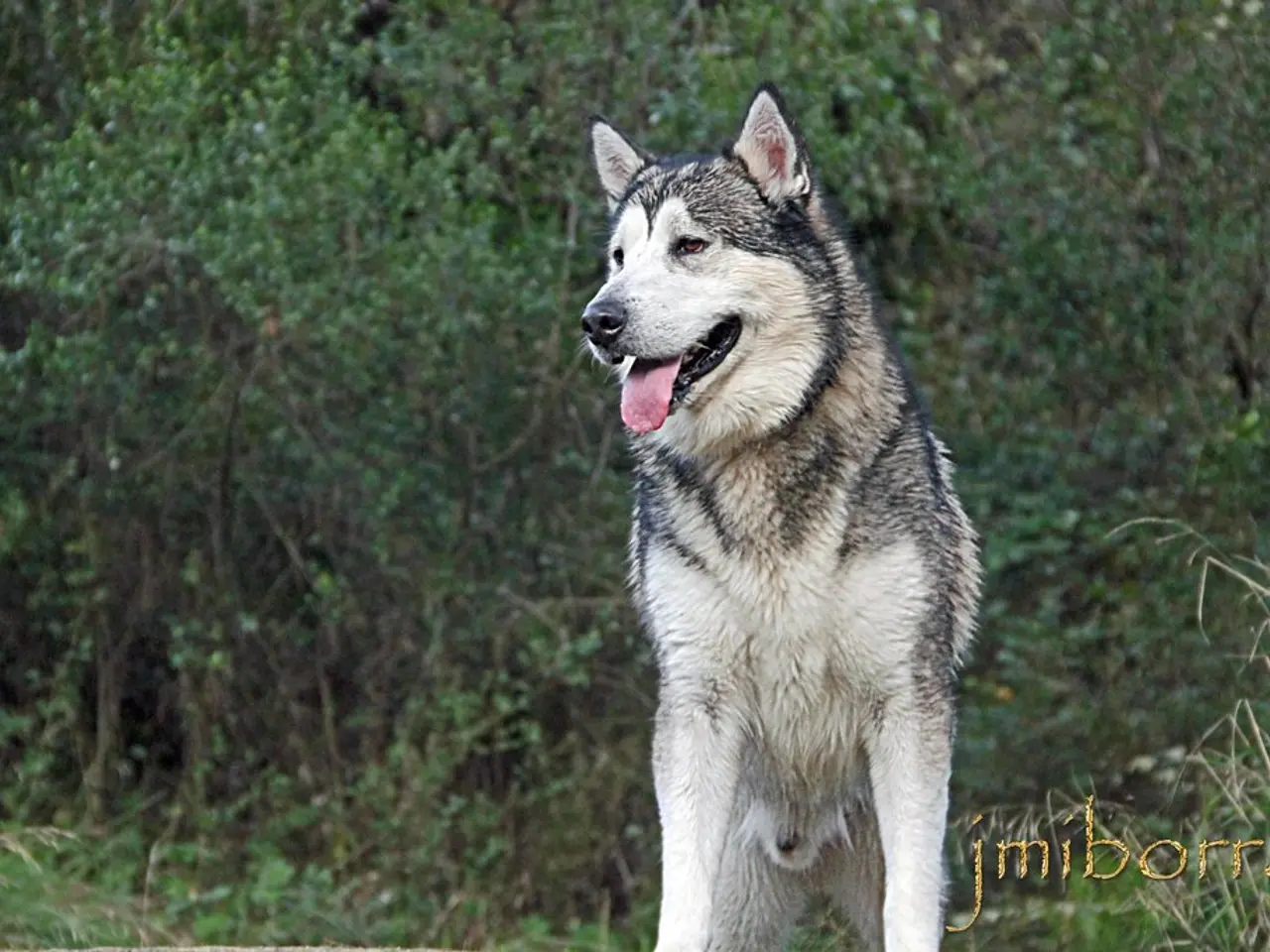Decline in Wisconsin's wolf population by 30% due to hunting and unrecorded fatalities
In a recent study published in the journal PeerJ, a team of researchers from the University of Wisconsin-Madison, led by Adrian Treves, Francisco Santiago-Ávila, and Karann Putrevu, have provided insights into the effect of wolf hunts on Wisconsin's grey wolf population.
The researchers' models suggest that approximately one-third of the population decline among wolves in Wisconsin is due to hidden deaths resulting from relaxed legal protections, with a majority of these additional, uncounted deaths estimated to be due to cryptic poaching.
The delisting of grey wolves under the Endangered Species Act in January 2021 led to the death of around 100 wolves in Wisconsin. This figure is in addition to the 218 wolves that were killed by licensed hunters during Wisconsin's first public wolf hunt, which took place at the end of February 2021 due to a lawsuit.
The hunting quota for non-native hunters in Wisconsin was set to help maintain but not reduce the state's wolf population, with a quota of 119 wolves. However, the Ojibwe Tribes, who were granted a quota of 81 wolves, did not conduct a hunt.
Under various population growth scenarios, Wisconsin now hosts between 695 and 751 wolves, compared with at least 1,034 wolves last year. This represents a decline in Wisconsin's wolf population of between 27% and 33% between April 2020 and April 2021.
The new study provides guidance to other states planning wolf hunts following the removal of federal protections. The researchers encourage the Wisconsin DNR and other states' natural resource agencies to use their methods and models to develop a more complete assessment of the effect of new policies on predator populations.
For more information about this study, contact Eric Hamilton at (608) 263-1986 or [email protected]. It's worth noting that Putrevu, a doctoral student involved in the research, also researches tiger populations in the Russian Far East.
The DNR initially planned to conduct the first wolf hunt in November 2021 following the federal delisting of wolves, but the hunt was postponed to the end of February 2021 due to the lawsuit. Wisconsin law mandates a wolf hunt between November and February each year.
The researchers modeled uncounted wolf deaths in Wisconsin since November 2020, shedding light on the impact of the policy signal, including the wolf hunt, on the state's grey wolf population. The study suggests that the combined loss of 313 to 323 wolves could potentially be recovered within one to two years without hunting, according to Treves and his team.








